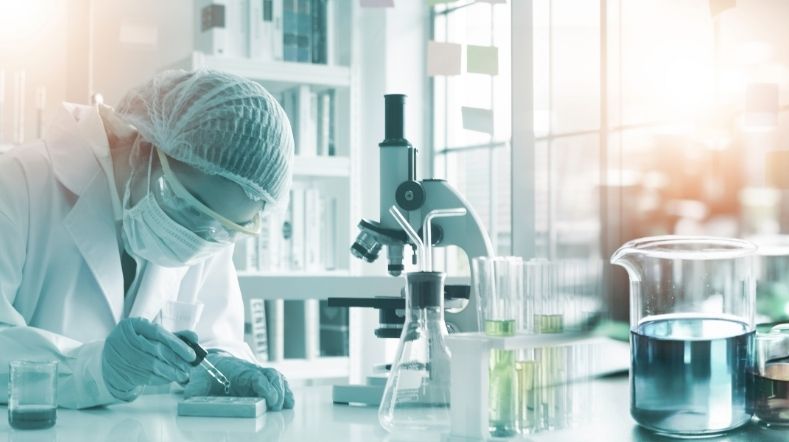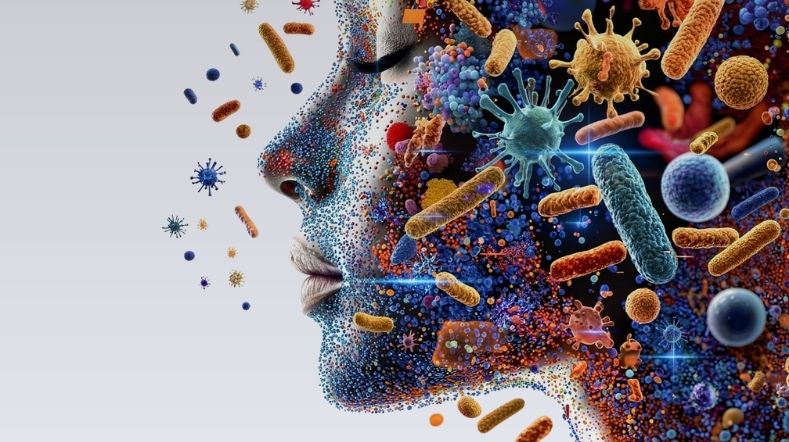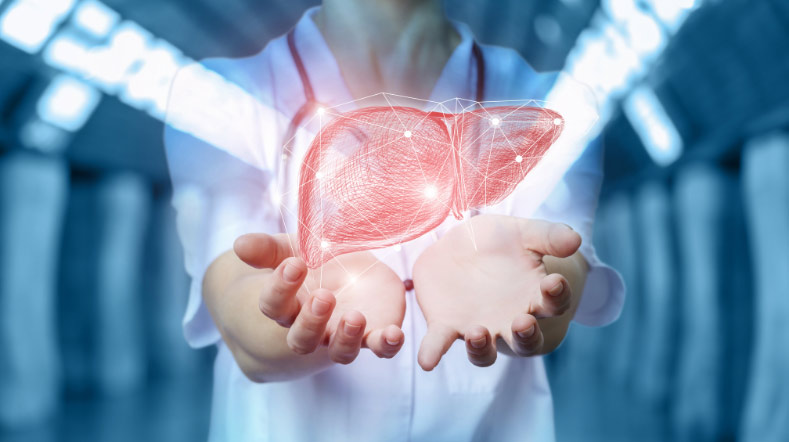
TNO supports the healthcare sector and companies in enhancing their microbial safety and hygiene
Preventing microbial contamination is of great importance: infections cause significant health issues and economic damage worldwide each year. TNO conducts research in infection prevention, identification of contamination sources, and innovative hygiene measures. With a multidisciplinary approach and advanced analytical techniques, we support companies and institutions in improving their microbiological safety.
Detection and prevention
Microbial safety and hygiene are essential for public health. Their importance will only increase in the future due to the pressure ageing populations and staff shortages placed on the healthcare sector. Additionally, global warming may stimulate the growth of certain bacteria and fungi, increasing the risk of infections.
TNO focuses on developing methods to both prevent infections and manage the consequences of existing contamination. We provide support to organisations through various initiatives, including but limited to:
- Research into contamination routes and sources
- Validation of hygiene innovations, such as disinfection systems or face masks
- Formulation of customized microbial management strategies
- Advice and support in product development focused on safety and hygiene
Integrated, multidisciplinary approach
TNO integrates internal and external knowledge and expertise from various disciplines. We do this in collaboration with a wide range of partners—from hospitals and care institutions to government bodies such as Rijkswaterstaat and suppliers of medical technology. This comprehensive, multidisciplinary approach allows us to address complex hygiene and infection prevention issues.
Ongoing projects
Together with Alrijne Hospital, we are investigating the main sources of postoperative infections. By systematically collecting air, surface, and individual-related samples and analysing them using advanced DNA techniques, we can gain valuable insights into potential contamination pathways.
We are also working with Erasmus MC and the Ministry of Health, Welfare and Sport to examine the safety of adiabatic humidification systems. While adiabatic systems offer greater sustainability compared to steam-based systems, they present an increased risk of bacterial proliferation due to the absence of heated air. TNO is conducting research to determine the conditions under which these systems can be safely used. Microbiologists are collaborating with specialists from various TNO divisions focused on airflow, particle measurement, and air quality analysis to achieve a comprehensive overview and improve the efficacy of results.
Disinfection for more sustainable product use
We are also researching the effectiveness of disinfection methods. In cataract surgeries, plastic cassettes are commonly used and discarded after a single use. We have conducted an investigation to determine the conditions under which these cassettes can be safely reused and have developed a protocol accordingly. This innovation could significantly reduce the amount of plastic used by eye clinics without compromising patient safety.
Other sectors: from food to stainless steel
We apply our microbiological expertise not only in healthcare but also in other domains. In the food industry, for example, TNO supports companies in improving food safety and validating preservation technologies. We also apply our knowledge in environmental applications. Microorganisms play a major role in the corrosion of stainless steel in water pipes and food production systems. TNO investigates how this corrosion can be prevented, thereby saving costs and reducing health risks.
Why choose TNO?
Organisations and companies looking to innovate in microbial safety and hygiene can turn to TNO for customised solutions, contract research, and joint innovation projects.
TNO offers a unique combination of knowledge areas and analytical methods, including:
- Sampling strategy: determining where and how to take samples to trace the source of infection.
- DNA extraction and amplicon and shotgun metagenomic sequencing and/or specific DNA detection using quantitative PCR.
- Translation of genetic information and the specific roles and behaviours within an ecosystem.
- Cultivation and identification of bacteria, yeasts, and fungi.
- Risk assessment of biofilm formation and contamination, using our knowledge of flow dynamics and system design.
- Use of statistics, bioinformatics, and machine learning to recognise patterns and detect risks, data integration, and multi-omics analyses.
TNO has specialized laboratories for safe research under BSL-2 and BSL-3 biosafety regulations, allowing the study of serious disease-causing pathogens.
Partner with TNO
Would you like to improve the hygiene in your (healthcare) organisation? Or assess and validate the microbial safety of new innovations? Then get in touch with one of our experts.
Get inspired
Women's health


Early metabolic health


Functional biomarkers


Consumer health and personal care


TNO discovers new method to diagnose liver disease




